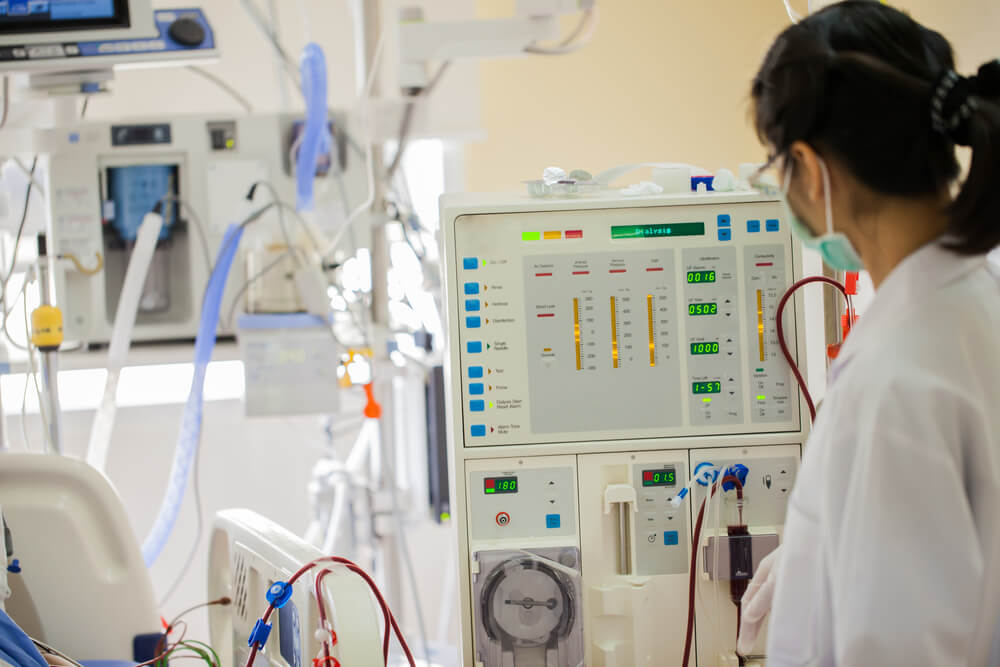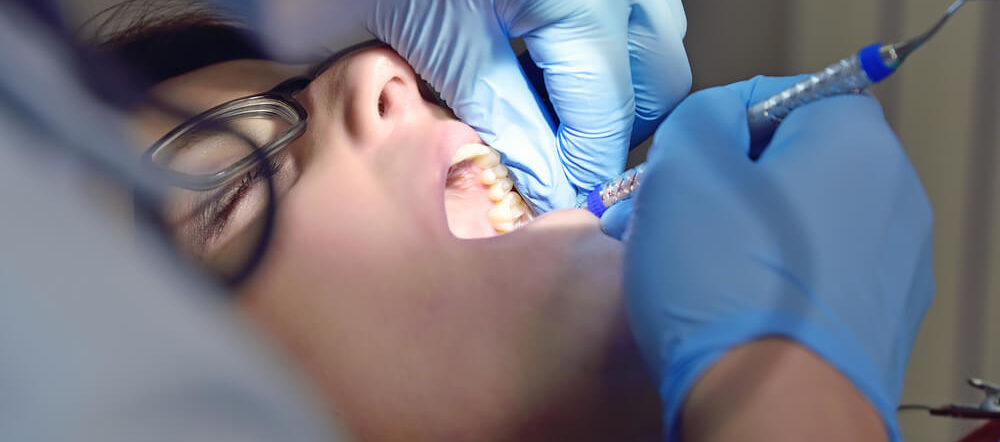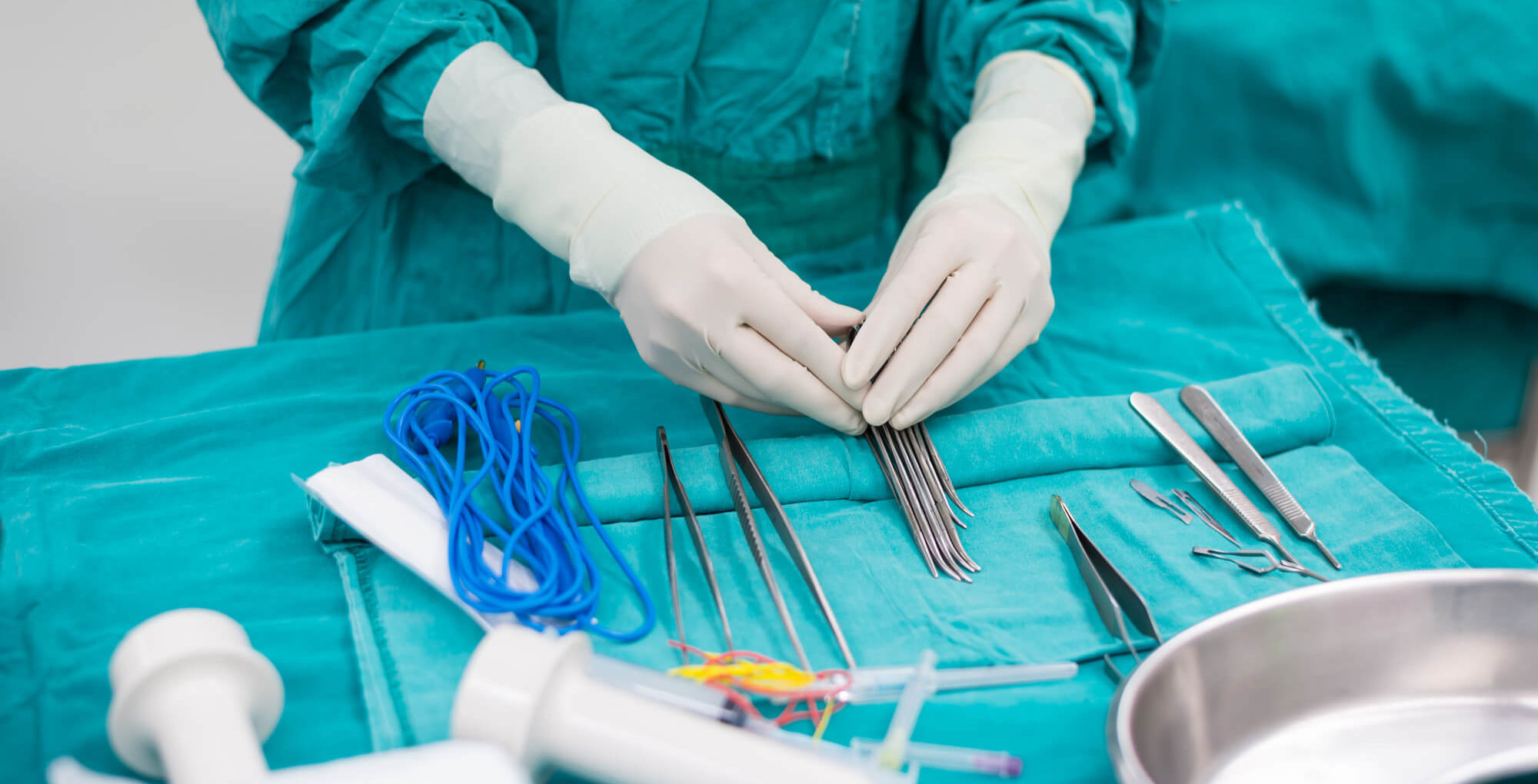How Do Facilities Determine the Type and Duration of Transmission-Based Precautions?
Infection control is a critical aspect of healthcare facilities' operations, ensuring the safety of patients, healthcare workers, and visitors. One key component of infection control is the implementation of transmission-based precautions. These precautions are additional measures taken when patients are suspected or confirmed to be...









